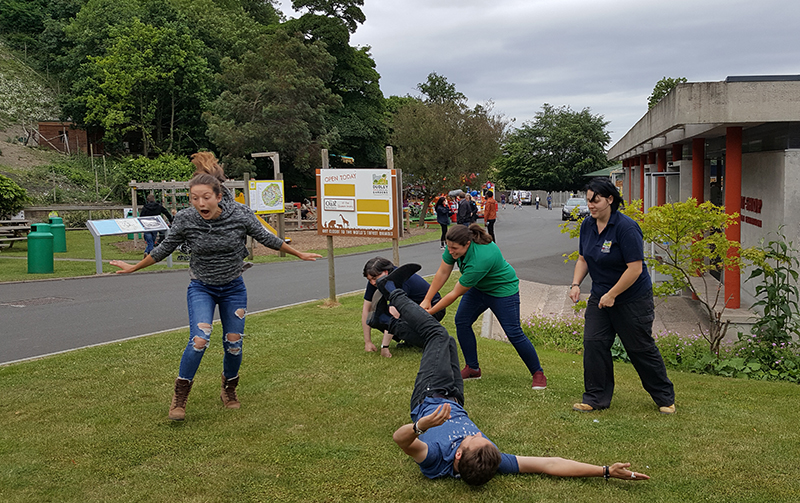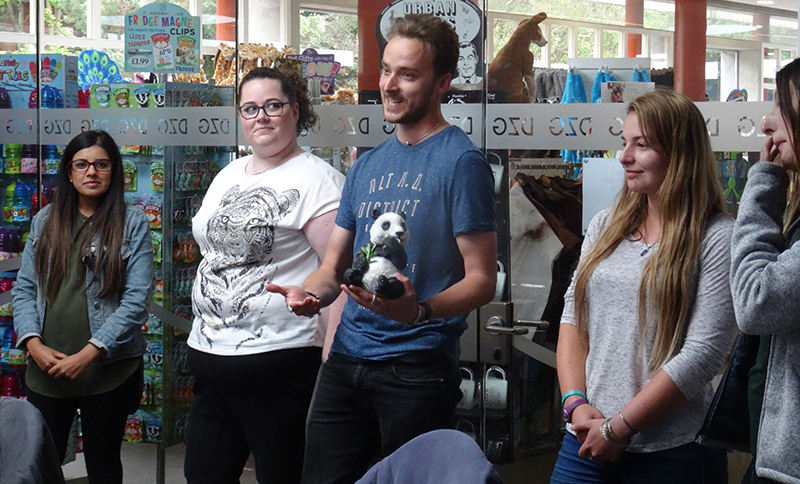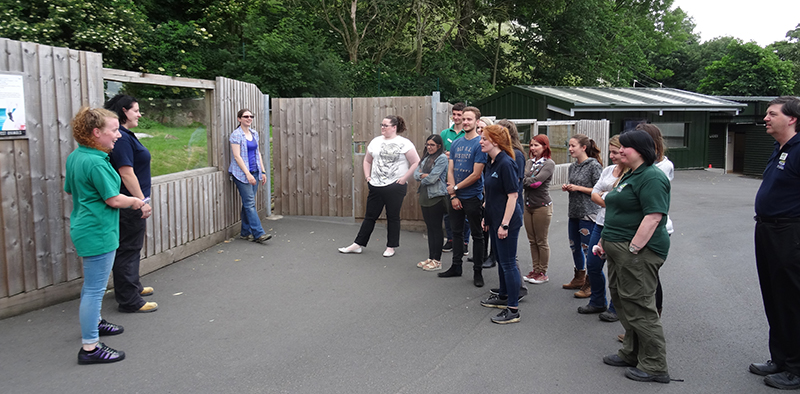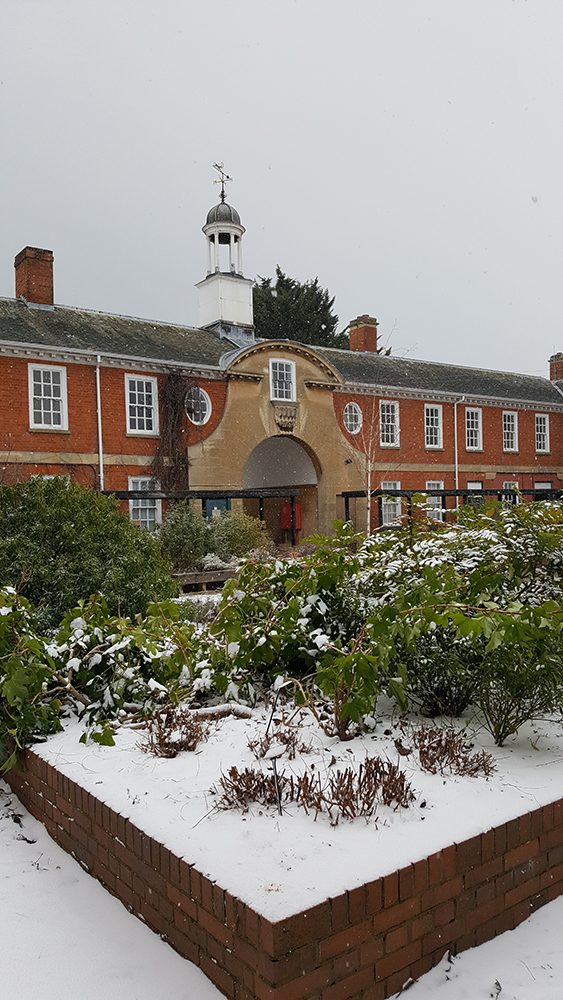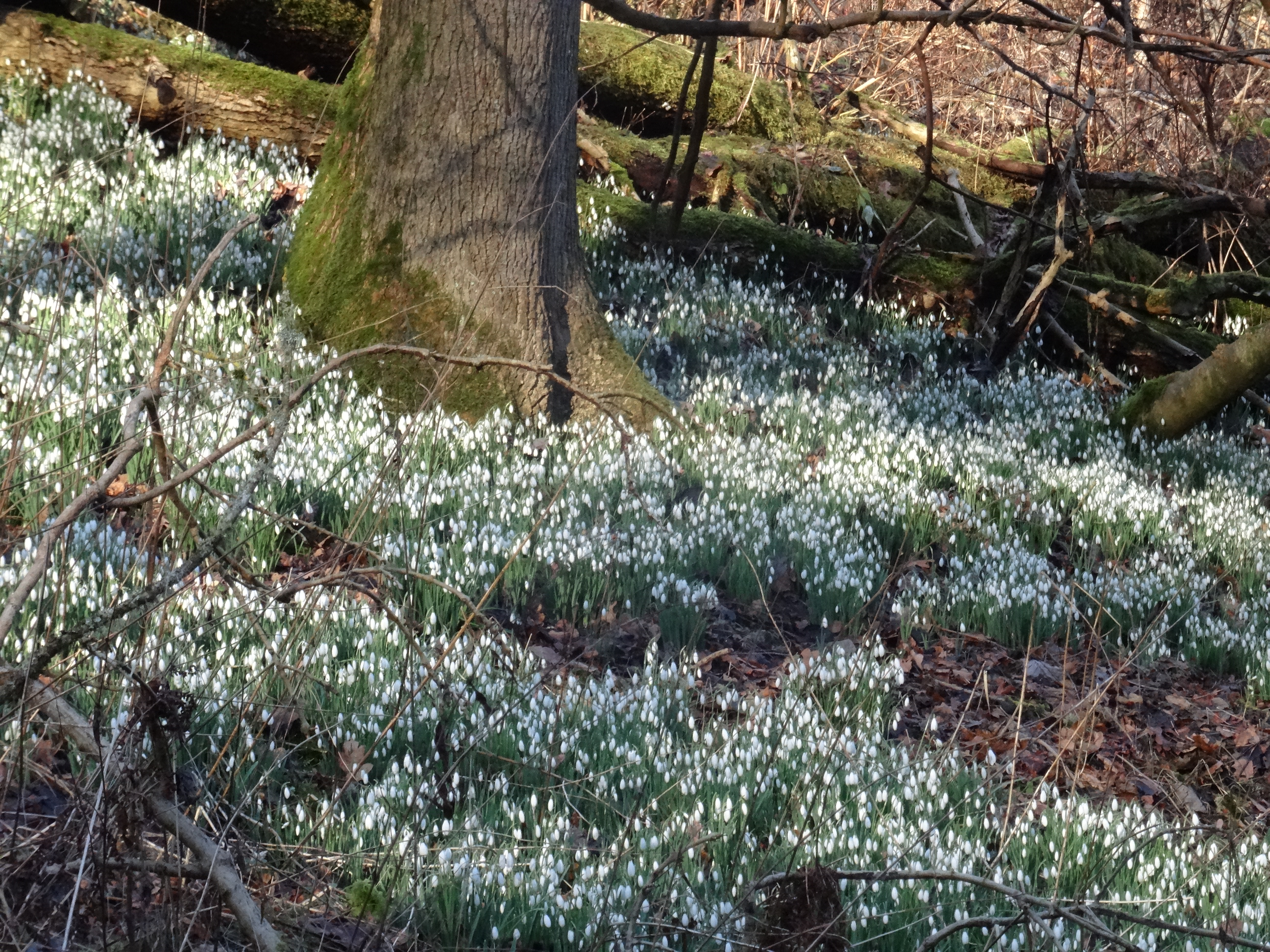Sharjah Safari is the world’s largest safari park outside of Africa and it has been an honour to play a small part in the educational development of this amazing Park which has just celebrated a year of operation.
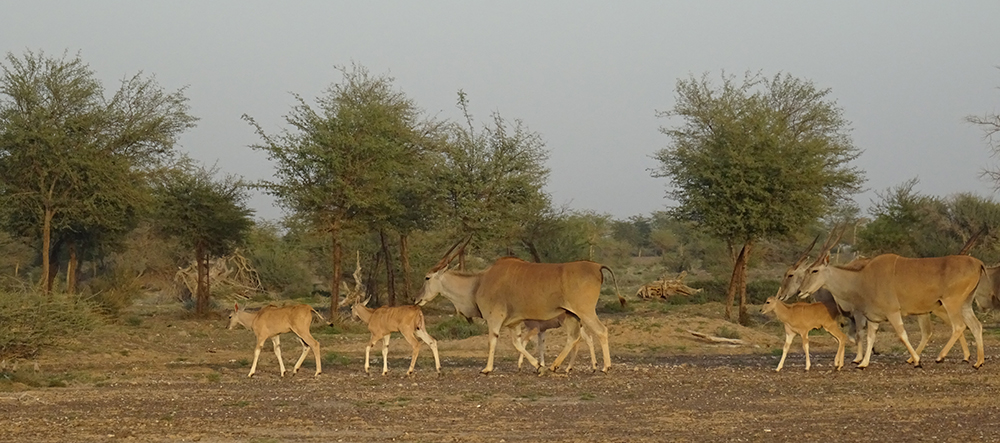
Initial plans for the safari park were put into action around 8 years ago. I first heard about it a couple of years later and after putting forward thoughts on education and staff training in 2018-19, I became directly involved in 2021 and have just been out to Sharjah again for a couple of weeks to help review education work so far and encourage continued development.
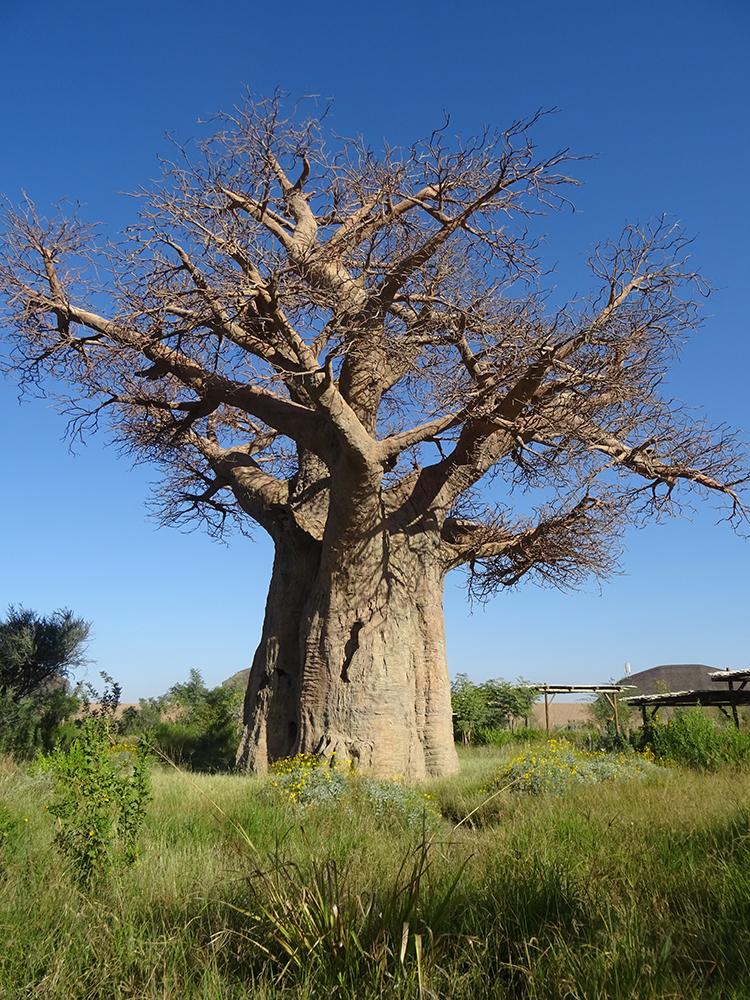
The park is part of the vision of HH Sheikh Dr Sultan bin Mohammad Al Qasimi, ruler of Sharjah, who wants to protect the different environments of the Emirate, raise awareness and engage people in their local environment, culture and history of links with Africa. The design and construction was a huge undertaking overseen via the ruler’s office, the Environment and Protected and Areas Authority [EPAA], a team of ex pat staff, many of whom had been working with EPAA already and the expertise of zoo design consultancy company Maguari-One .
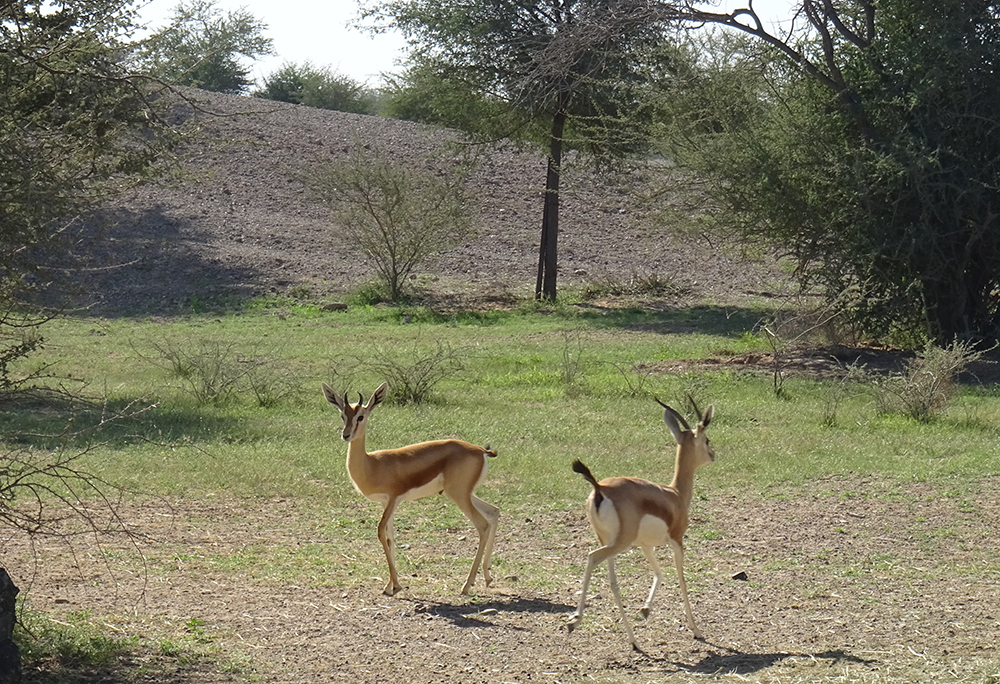
I have visited safari style zoos in Europe, USA, Asia and Australia and been to Africa (many countries) and led a safari in East Africa so my expectations for this development were flavoured by this. Sharjah Safari is the closest to a ‘real safari’ that I have seen and is truly a great achievement for all involved. Covering 8 sq km it is truly massive and divided into different habitat/geographic zones. The 100,000+ trees (many acacia) and landscape make it a realistic representation. The high standards of animal care and presentation of animals is also very natural and only in a few areas do you see fencing etc.
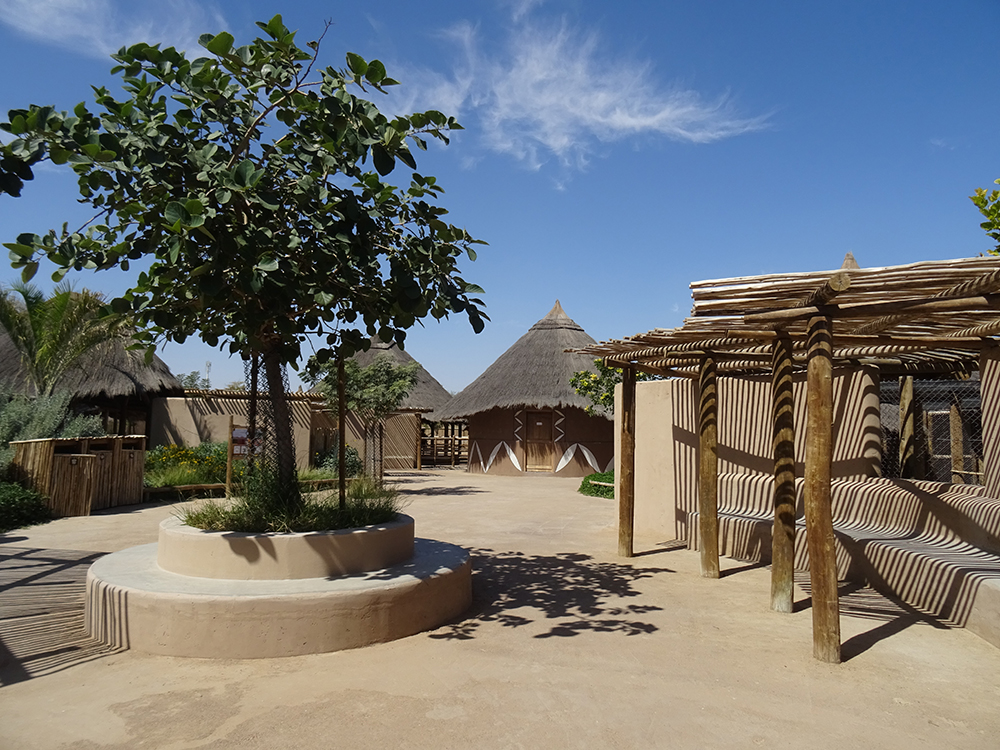
In 2021 I helped create the Sharjah Safari education strategy and was involved in supporting development of the education team and initial training of the team of Emirati guides and staff, but the park was still being completed and animals not yet settled in. Now this month it was great to see everything, animals out on the ‘plains’ and in the reserves and to be taken on safari. It is to the credit of the organisation that the safari park is not a “commercial theme park” and whilst visitors are catered for well, the safari experience is akin to the real thing, as you go on a driven tour in dedicated vehicles with a guide.

This visit I was pleased to see the education team have done lots of activities in year one, despite many challenges, and the guides are beginning to develop their abilities. A schools programme has also got underway very successfully and will expand. With the team we reviewed the strategy and areas of responsibility and discussed exciting plans for continued development. I was also pleased to work with some of the Emirati staff, including a few from other EPAA visitor centres.
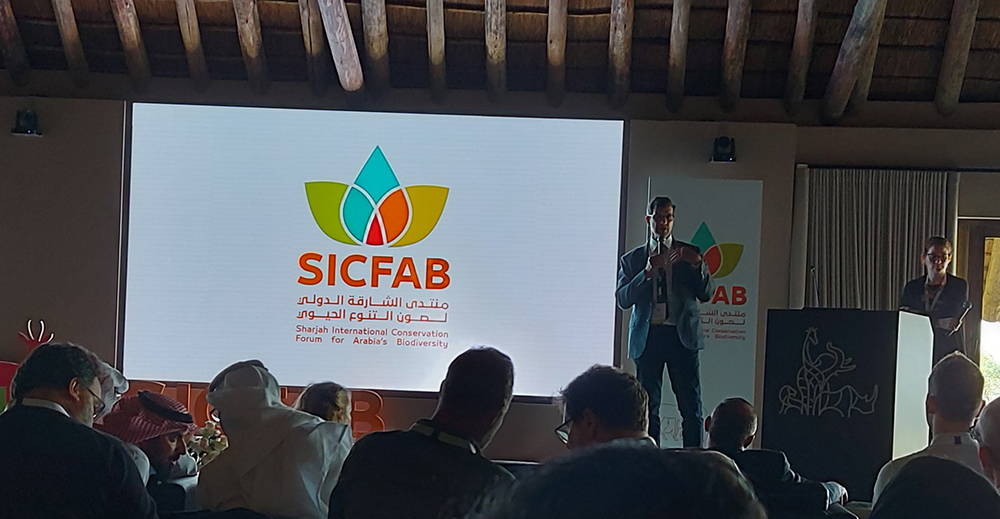
At the same time on this visit I was delighted to be an invited guest at the annual Sharjah International Conservation Forum for Arabia’s Biodiversity joining guests who work across Arabia, and with the topic of ‘Genetics & Conservation’ the forum was led by former colleagues from RZSS in Scotland 🙂
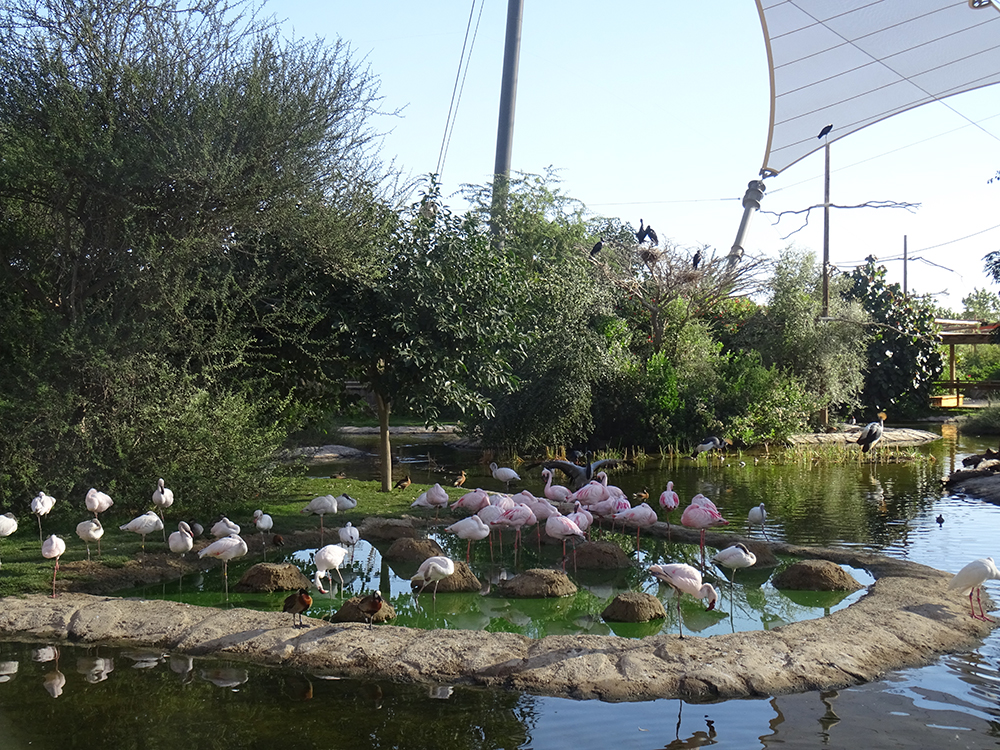
Sharjah Safari includes representation of key African ‘zones’ – Sahel, Savannah, Serengeti, Kalahari, Ngorongoro and others that include giraffe (Moremi) and elephant (Niger Valley). The “Into Africa” first zone of the park includes a huge aviary, a representation of Madagascar and Aldabra, the Zanzibar village and a traditional African boma (farm), a view over part of the Sahel and an amphitheatre animal demonstration, and all this is accessible on foot with a basic ‘Bronze’ ticket (£9 ad/£3.40 ch). Silver or Gold tickets are required for the main safari drive around and special areas (and give access to Into Africa). The Silver ticket is safari by truck and a stop at the Safari Camp half way through. Gold is by a smaller ‘typical’ real safari luxury vehicle and includes a stop in the Serengeti zone as well (Silver: £27 ad/£11 ch; Gold £62.50 ad / £27 ch). Overall the experience can be 4 hours.
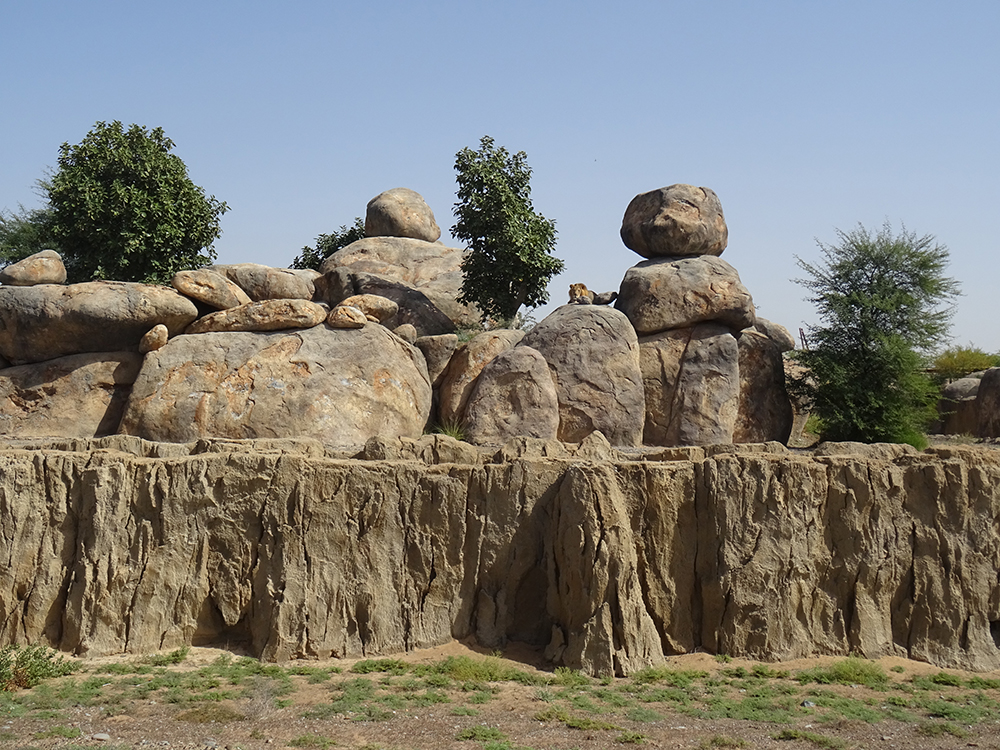
This February the weather included some rain before I arrived and an average temperature in week one of 24-26 C and in week two 29-33C. So it was nice to be hot but comfortable. The hottest months June, July and August can see temperatures of 45C+ at this time the park is closed. The irrigation systems and natural gravel bed mean the environment copes and animals have shade, water and appropriate care. The elephants that are here, for example, come from an arid area and are used to hot dry conditions but also have showers, shade and food supply through the summer. A calf was born recently.

Sharjah Safari shows that a really good visitor experience and good animal ‘exhibit’ and welfare can be created in the Middle East, given a large budget but careful consideration of the environment and design. The exciting challenge ahead is embedding the educational opportunities into the staff training, visitor experience, raising awareness, supporting conservation and behaviour change. I will be watching to see how this amazing place matures over the years to come.
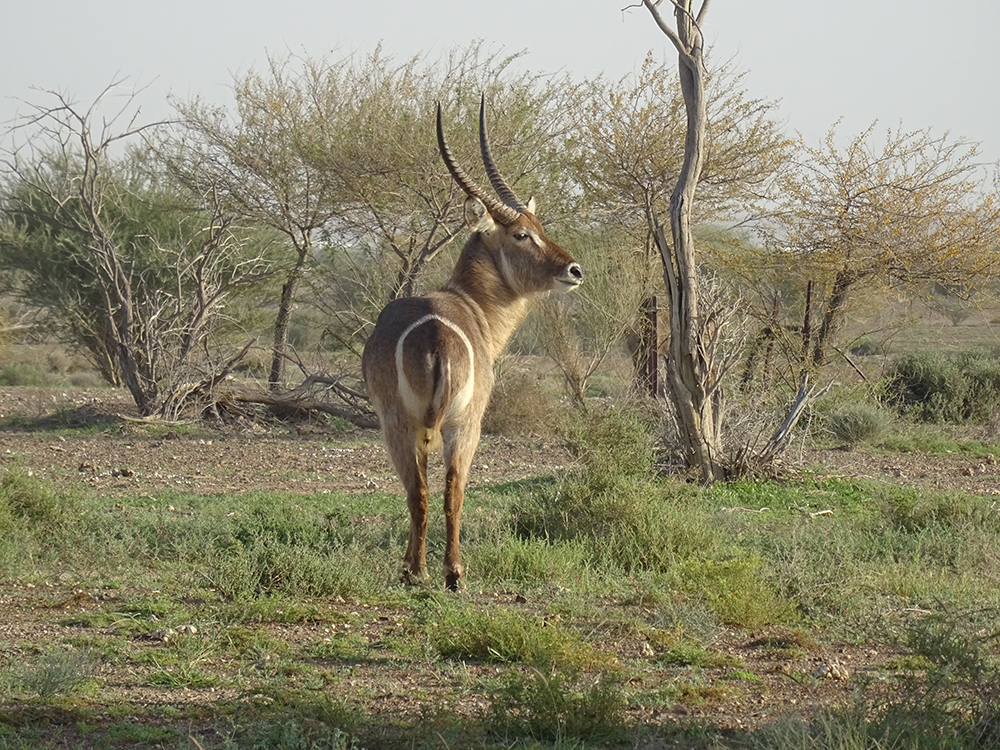
Thanks to the Sharjah Safari team, EPAA and all those involved.

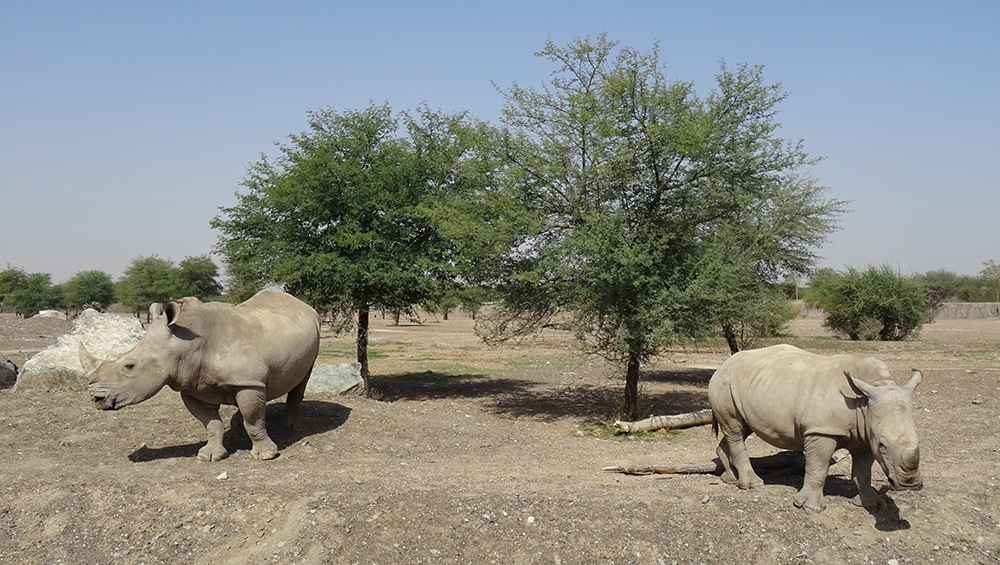
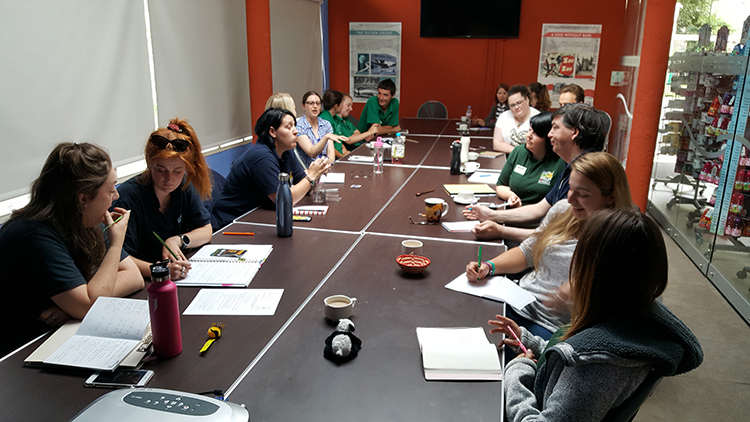 Communication and Presentation Skills training sessions are fun, and its great meeting new people.
Communication and Presentation Skills training sessions are fun, and its great meeting new people.